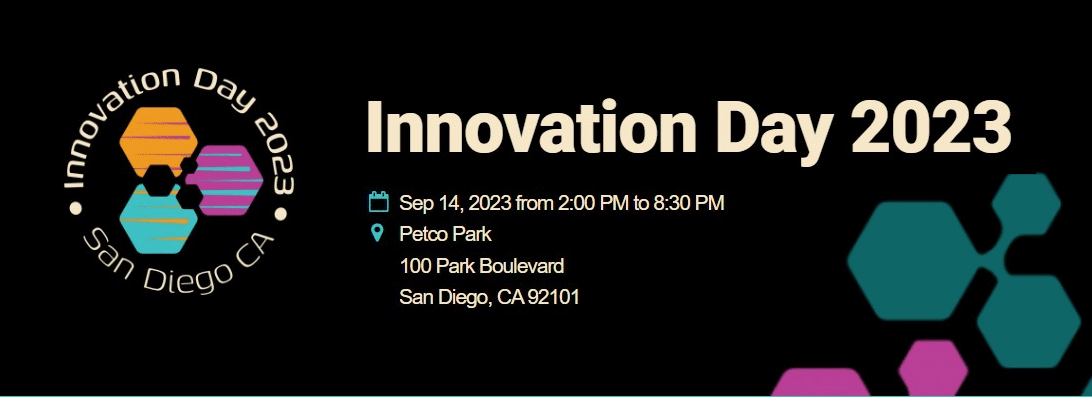California Statewide Report Shares Insights About Effects on Women, Especially Women of Color
| SAN DIEGO (July 12, 2022) – Collaborating entities at the federal, state and local organization level released a California state report today conveying a picture of impact the COVID-19 pandemic is having on women business owners.
The study shares how the issue of women’s participation in the workplace is critical to every community’s economic success, but systemic inequity prevents women entrepreneurs from fully contributing. Crisis such as a pandemic exacerbates the consequences of inequity, but there’s a lack of enough specific data to inform targeted solutions. Barriers to women in business include limited access to critical resources and disproportionate caregiving.
“Many of the hardest hit, as well as slowest recovering, industries have a high number of women-owned businesses and women entrepreneurs,” said Nancy Swift, chair of California’s Women’s Business Centers and executive director at JEDI in Northern California that hosts a Women’s Business Center. “The country’s Chamber of Commerce President Suzanne Clark said, ‘We cannot allow this pandemic to set back a generation of entrepreneurial women.’ We must take this information we’ve gathered and synthesized to create responses at all levels. If we don’t, we’ll be doing a disservice to everyone.”
A Team Approach
The U.S. Small Business Administration, California Office of the Small Business Advocate, California’s Small Business Development Center, and California’s Women’s Business Centers funded and conducted the study with San Diego’s Kim Center for Social Balance.
“We saw a need for actionable information that we could supply with a study like what the Kim Center provides,” said Daniel Fitzgerald, regional director of the San Diego & Imperial Small Business Development Center Network which helped spearhead the project. “California’s economy and families will benefit greatly from making sure all intersections of identity get fair consideration for business capital and support.”
With a survey sample that was small business owners and leaders statewide, the aim is to help California decisionmakers understand which issues most urgently impacted California’s small businesses.
Searching for Women-Oriented Solutions
“We know women have to work twice as hard as their male counterparts to receive half the recognition — and more importantly, half the resources and support,” said Tara Lynn Gray, director of California’s Office of the Small Business Advocate. “As California supports the economic recovery of our 4.2 million small businesses, equity and access are among our top priorities. But our efforts are best supported by working to fully understand the barriers and challenges women business owners face, enabling us to create better frameworks for statewide economic activities moving forward.”
Findings included how since March 2020, women-owned/-led businesses have faced significant disadvantages compared to men-owned/-led businesses in accessing critical resources for sustainability and success. Women of color and primary caregivers (predominantly women) particularly benefited less from available funding than other groups as well as juggling greater nonwork-related demands on their time.
“The report describes how female founders were already doing more with less and how we’re under-utilizing female enterprise,” Swift added. “The double-down of the COVD-19 pandemic is not going to deter us from doing all we can to advocate for and support these women.”
For More Information
To find out more as well as for interviews and segments, contact Daniel Fitzgerald at 760-455-9456 or dfitzgerald@swccd.edu.
About the Partners
California’s Women’s Business Centers (WBCs) work to secure economic justice and entrepreneurial opportunities for women by supporting and sustaining a statewide network of WBCs. These centers help women succeed in business by providing training, mentoring, business development, and financing opportunities to thousands of women entrepreneurs each year. Learn more at californiawbc.org.
The Kim Center for Social Balance is transforming San Diego into a trailblazing model of economic and social leadership that can be replicated in other regions throughout the nation. Collaborative local action informed by local data is essential to cultural transformation, so we unite key stakeholders around our LEAPS Assessment, Playbook, and national Accreditation. Learn more at kimcenter.org.
The California Small Business Development Center (SBDC) is five regional networks with over 45 small business service centers leading the charge in providing tools and guidance needed to help entrepreneurs realize their potential. California’s SBDC network is devoted to helping all industries and all levels of businesses with accessing capital, human resources, marketing efforts, e-commerce, financial management, pivoting strategies, or any other business need. Learn more at californiasbdc.org.
The California Office of the Small Business Advocate (CalOSBA) helps support economic growth and innovation by working to ensure California’s small businesses and entrepreneurs have the information, tools, and resources they need to plan, launch, manage and grow their businesses successfully as well as be resilient. The CalOSBA serves to elevate their voices in state government and advocate on their behalf to help ensure all aspiring and current small business owners and entrepreneurs are provided with the opportunity to access capital, access markets, and connect to the networks and resources they need to succeed. For more information, visit the website.







